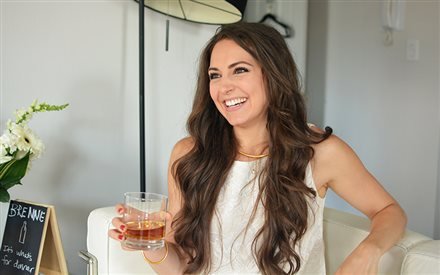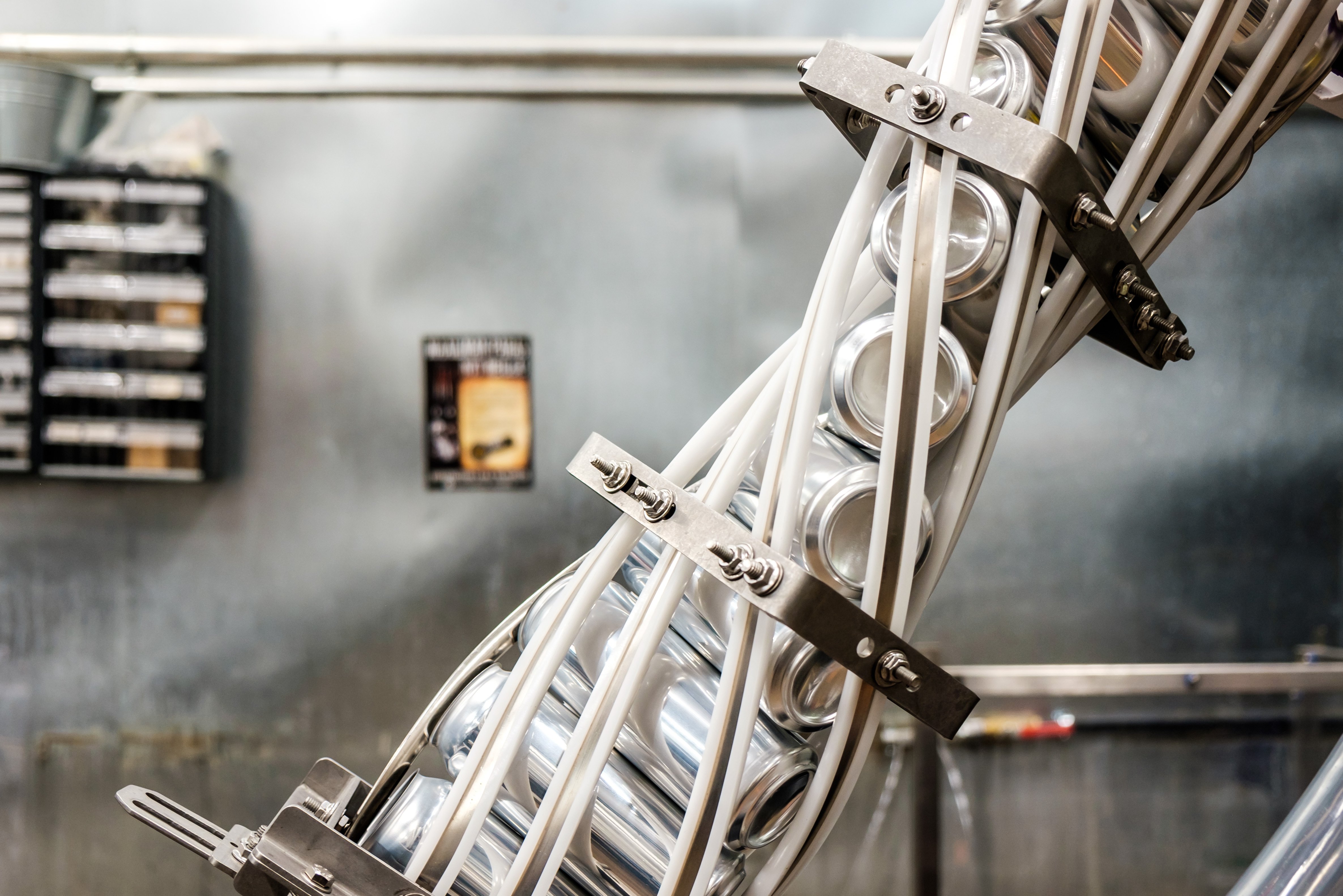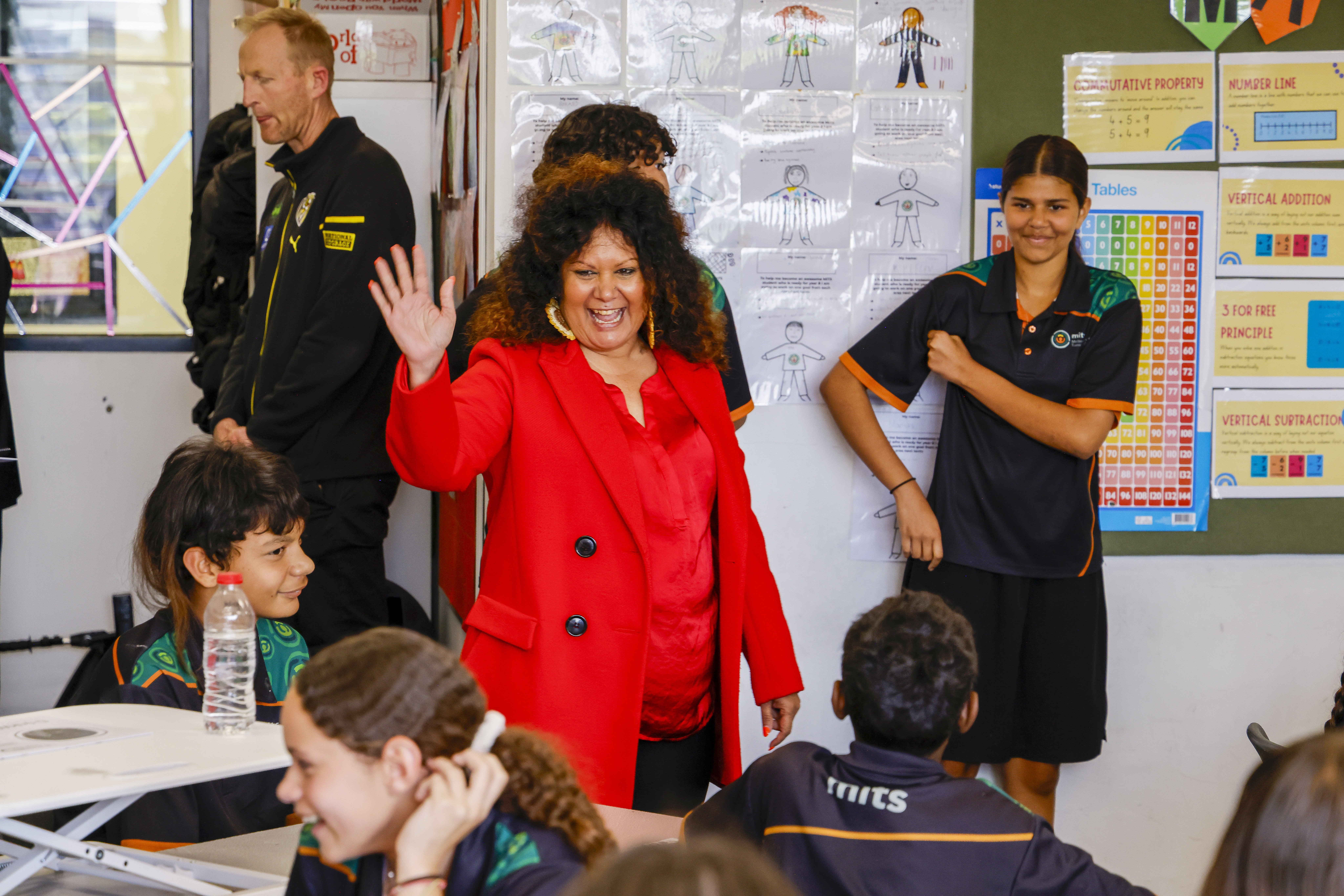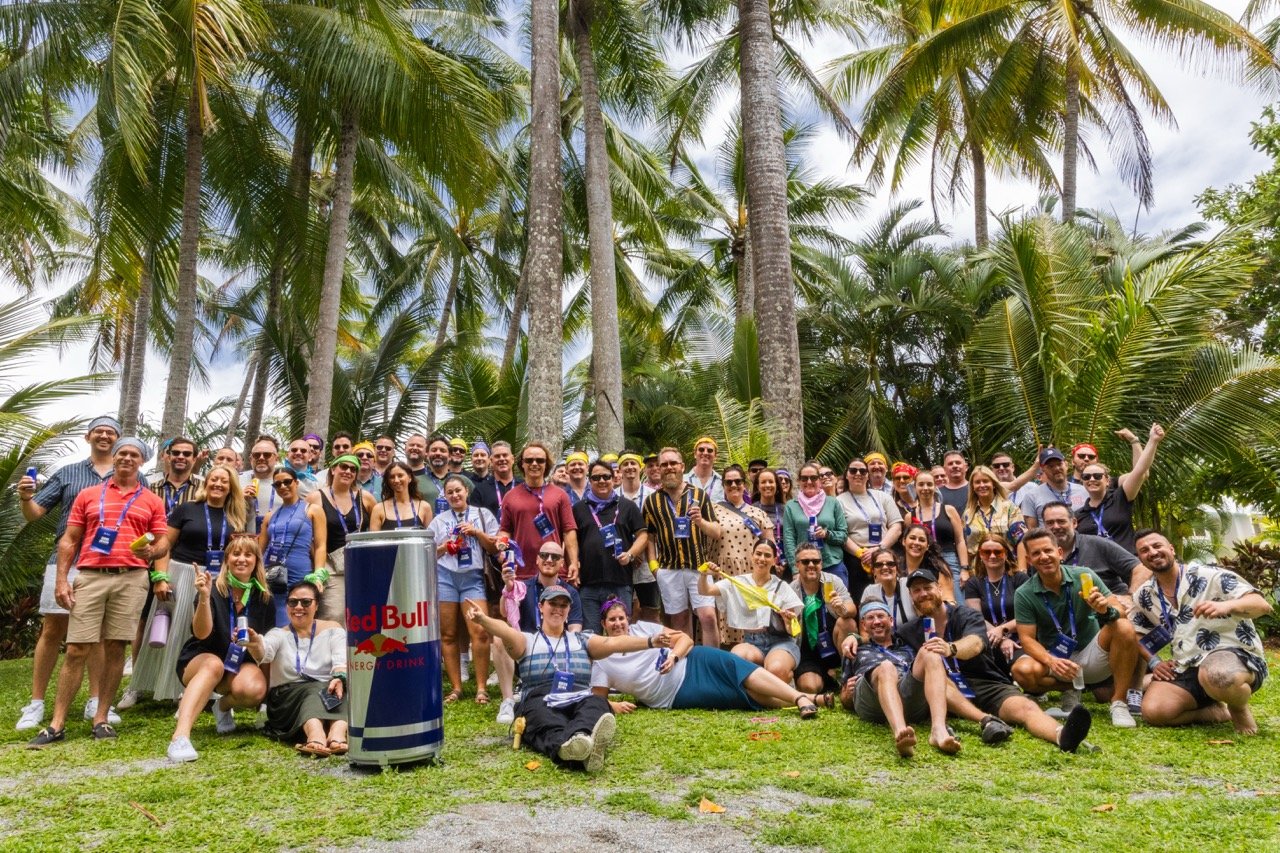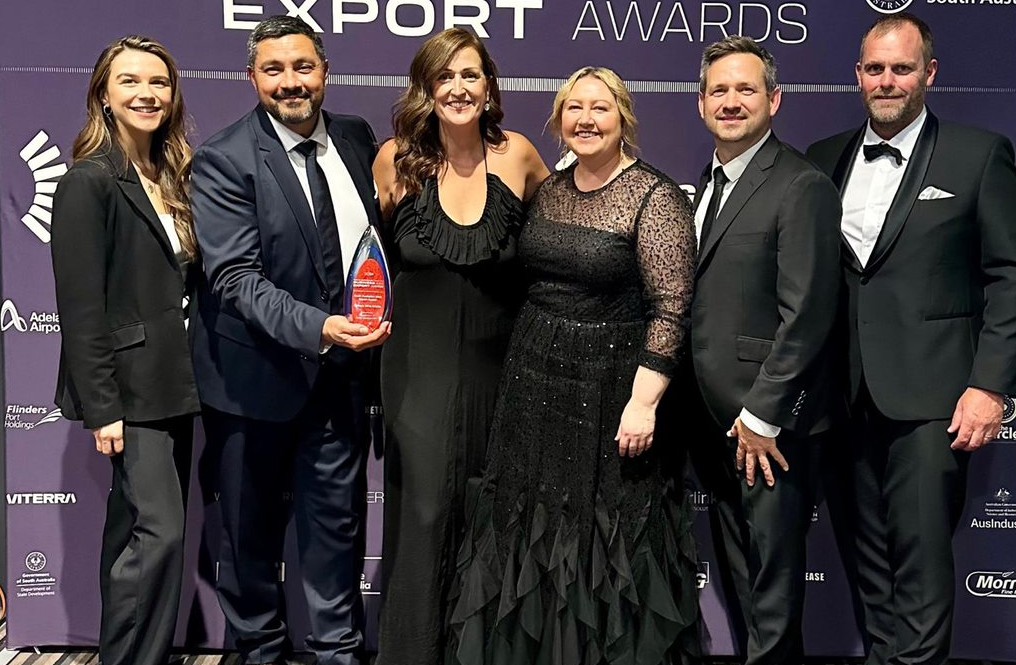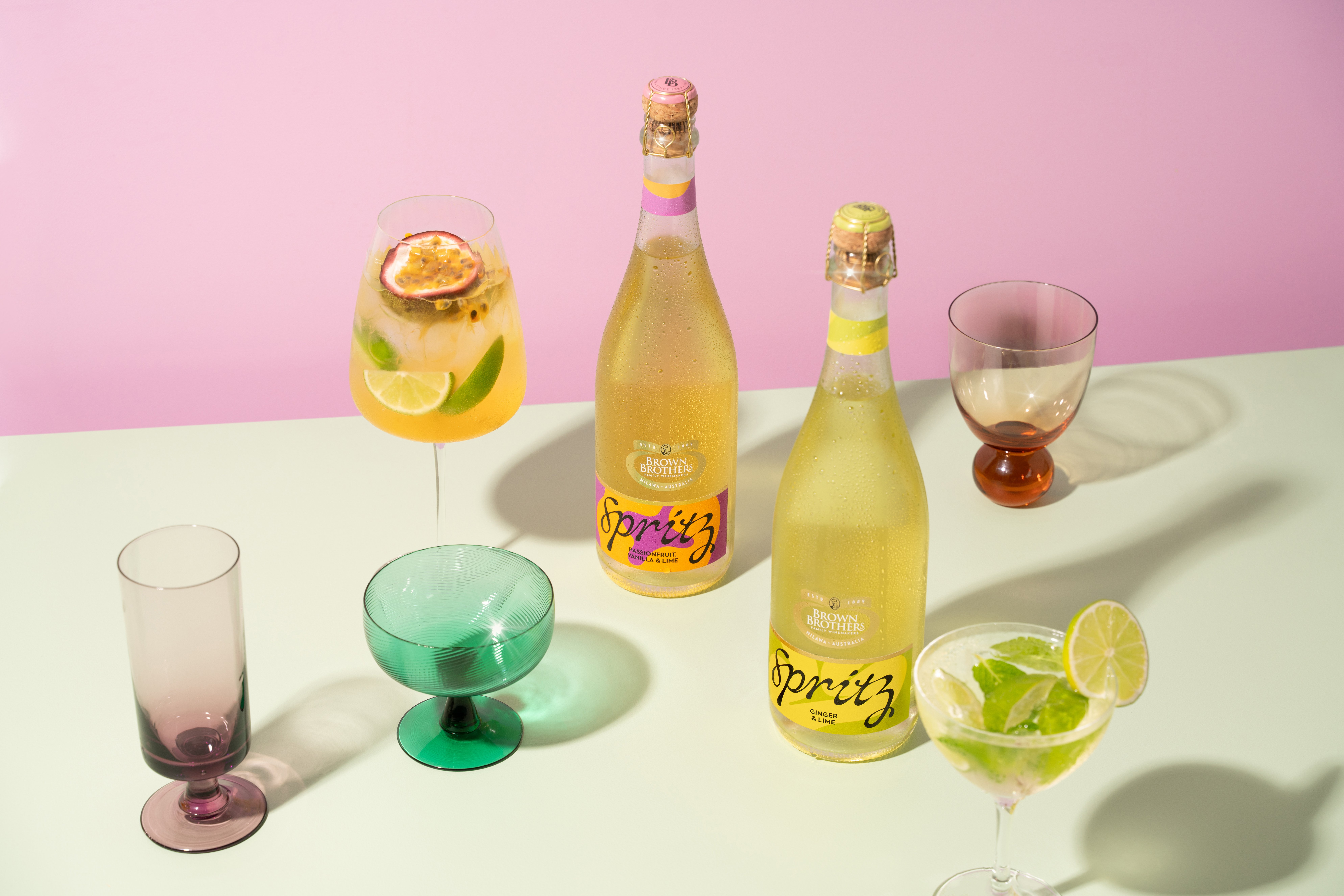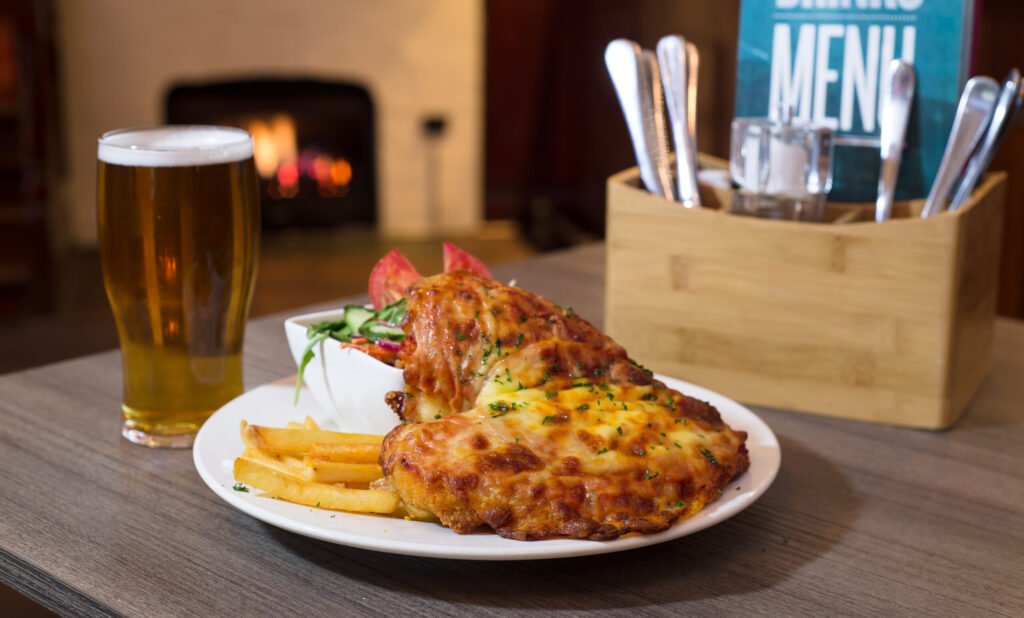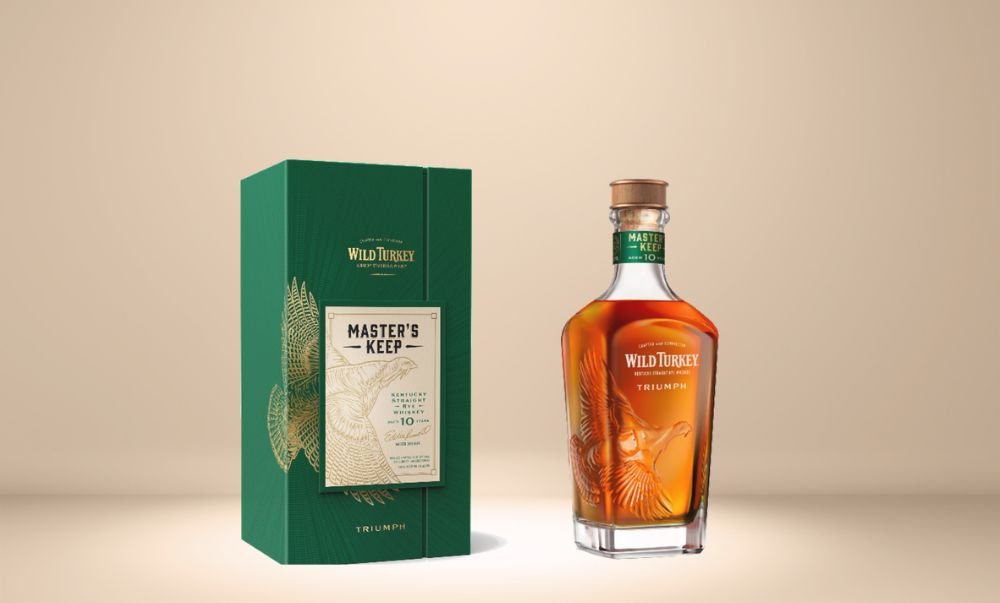Allison Patel calls herself "The Whisky Woman."
She was New York's first whisky blogger and owns her own whisky company, Brenne Whisky.
The former ballerina created Brenne Whisky when she couldn't find any single malts being made outside of Scotland and the United States.
"As a whisky enthusiast, I had a desire to sip single malts made in different places around the world that were expressive of “terroir” (being “of the earth”) and when I couldn’t find any being made outside of Scotland and the United States, I decided to make one … out of my own hard work, patience and personal life-savings, Brenne was born!" she tells Forbes.
Patel's journey began when she met a third generation Cognac producer who had started distilling a Single Malt as a hobby, using the barley grown on the property that had formerly been used to feed his cows. She liked what she tasted, but it didn't quite seem "finished."
"I thought it needed more time in the barrel, but that it showed such promise," Patel tells The Chicago Tribune. "I said, 'Can I see your bottle?' and he said, 'I don't have one.' He was giving it away to friends and drinking it himself. He had no plans to develop it."
She suggested the distiller finish the whisky by ageing it in his used cognac barrels. Two years later Patel had her whiskey.
Her first expression, Brenne Estate Cask, officially launched in 2012, but she admits it was a tough process.
Many investors were skeptical that a former ballerina could successfully start a whisky brand. So she spent her whole savings account on the brand and had to hand deliver - sometimes on a bicycle - bottles to stores and bars for the first few years.
She also says the industry was fairly testosterone focussed when she started out. She was one of only three women at the World Whiskey Conference in 2010, but now she says at least half the room is full of female distillers, engineers and executives.
According to Fred Minnick, author of "Whiskey Women: The Untold Story of How Women Saved Bourbon, Scotch, and Irish Whiskey," women such as Patel are the future of the spirit. He says the growing number of women drinking and producing whisky is about them returning to their roots.
"Throughout the 1400s through the 1700s, women were making whiskey as well as selling it, drinking it," Minnick notes.
"The future of whiskey is in the hands of women, from both the leadership ranks as well as the consumer ranks."
Share the content
